A person who is suitable for migrating to Japan. Someone who isn’t.
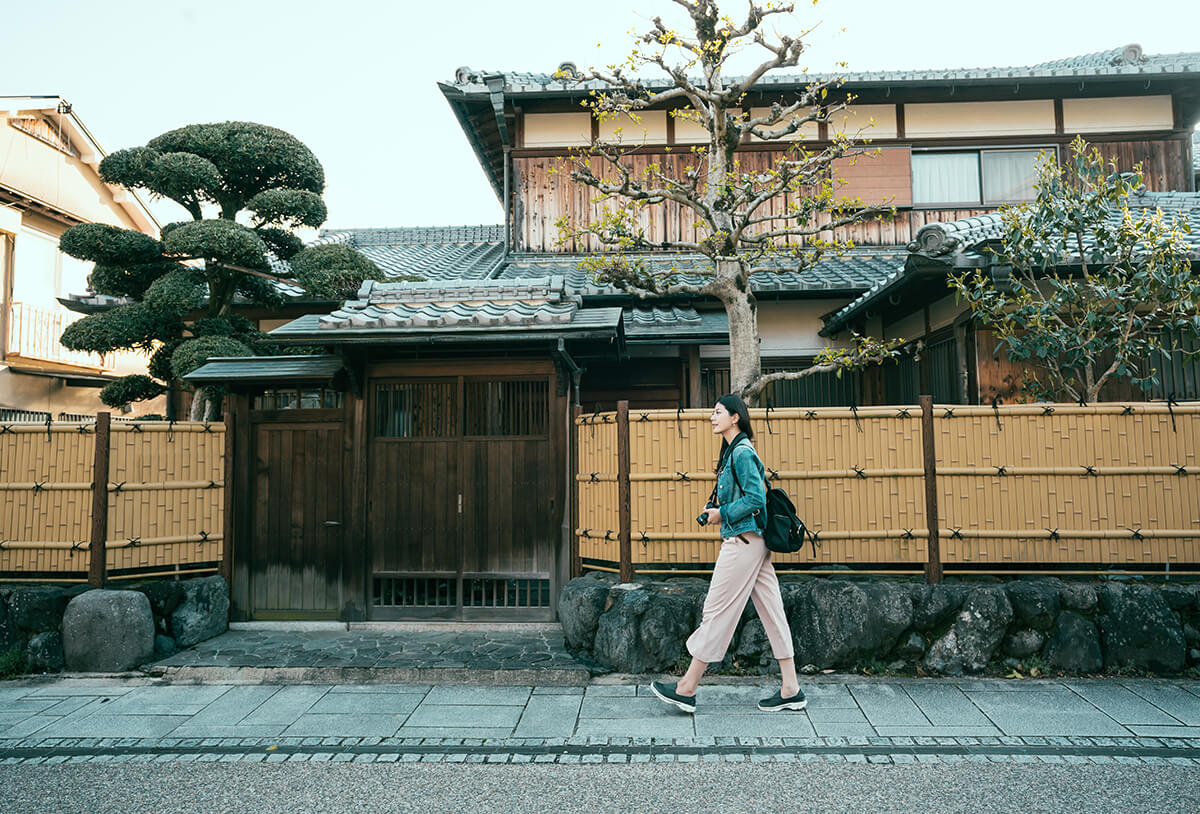
Have you ever dreamed of moving to Japan? Many have always been amazed by the country’s blend of history and advanced technology, as tourists continue to flock the country and keep coming back. Consistent train and bus schedules, mouth-watering delicacies, and the variety of vending machines are just some of the reasons why Japan is such a beautiful place to be.
Among Asian countries, Japan is one of the best places to live in. You will never run out of things to explore in the country. Aside from its beautiful scenery and architecture, moving to Japan is still a huge step to make. Make your stay worthwhile by knowing what it takes to live in the Land of the Rising Sun.
Table of contents
A Planner

Japan is one of the most beautiful countries in the world with landmarks showing the country’s history and technological innovations. Foreigners always look forward to traveling from one region to the other to get the full Japan experience with the help of the country’s advanced transportation systems.
If you’re always looking for adventure, Japan is surely the best place for you to settle down. Every city is accessible just by aboarding busses, and trains. They are fast, clean, and reliable. No need to worry about purchasing your own car as public transportation is going to be a part of your everyday life.
During rush hours, trains are packed with office workers and students. You might end up standing for most of your trip if you ride the train from 7:00 to 9:00 and from 17:00 to 19:00. In this case, being an experienced planner comes in handy. Foreigners living in Japan always check train and bus schedules to know the best times to ride any public transportation. You will never have to worry about being late on your new job!
Be it mall or work schedules, they are always on time. Know more about your neighborhood, the nearest convenience stores, and public transportation stations. You can easily plan out your daily activities based on their opening hours.
A Foodie
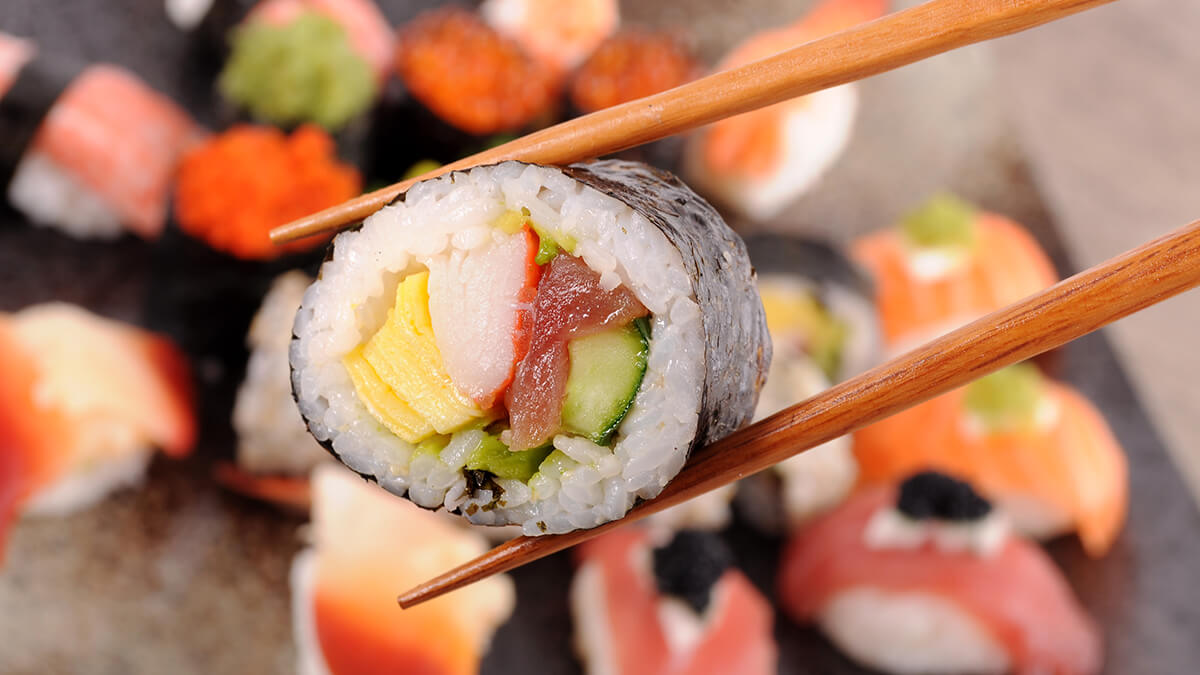
Just as you see on social media and blogs, Japanese food is a combination of umami and art. Food in Japan is always prepared with finesse; that’s why they look so attractive and tempting on photographs. If you’re already a regular at a Japanese restaurant in your country, fitting in the Land of the Rising Sun will be quick and easy.
Rice and noodles are a staple food in the country. Despite containing a lot of carbs, the portions served in restaurants are smaller from what you are probably used to. If you love healthy food and want to have a balanced diet, Japanese food mostly consists of more seafood and vegetables. You can continue living a healthy lifestyle when you live in the country.
Expats and visitors often struggle with ordering and buying food products in markets on their first few days of staying in Japan. It can be difficult for foreigners to understand food labels and identify food packaging, so most of them have taken Japanese language classes to make their life easier.
If you love cooking, you will absolutely love Japan. A wide selection of fresh vegetables, meat, and other food products are available in nearby small markets. However, foreigners have stated that some food products are a bit higher within the price range from their own countries. Tropical fruits such as mangoes can go as high as 600 JPY, depending on their quality. Nonetheless, foreigners have learned from the locals. They often wait for store sales. Just before the store’s closing time, they line up in long queues to buy food products at discounted prices.
Respectful

Japan’s culture and traditions are what makes them unique from other countries. Greetings will be a part of your daily life once you start living in the Land of the Rising Sun. There are sets of greetings from entering your home or someone else’s, before and after eating, and the list goes on. This stems down from being respectful to everyone, especially people older than you and visitors or customers.
Their level of respect also shows in their speech through learning keigo, which means “respectful Japanese”. For foreigners living in Japan, learning the language and keigo can help you make good and strong relationships with your neighbors, landlords, and colleagues.
Being respectful can also go a long way when you’re renting an apartment or a sharehouse. Despite the influx of visitors in the country, landlords are often reluctant to have foreigners renting their place due to miscommunications, renters not being able to follow trash and laundry schedules, and being a flight risk.
Foreign students and workers get by with communicating and making friends with their neighbors. They follow the schedules and rules set by the landlords. It can be tough in the first few days if you’re not used to following strict schedules, but this will help you create a good relationship with everyone in your neighborhood.
A Skilled Worker

Known for their dedication to providing the best services, employees tend to work for longer hours. Though the work culture is slowly changing, leaving before your boss is still frowned upon in some traditional companies. The longer you stay also shows your dedication to your work leading away from work-life balance.
Companies are putting efforts into changing their work traditions. They invite foreign workers not only for their skills but also to learn something from them. Foreigners working in the country take this opportunity to know more about their colleagues and propose improvement methods. As long as they can produce positive results, companies try to apply these suggestions to their work environment.
Looking for a job in Japan can be easy if you have the necessary skills needed, such as being fluent in the Japanese language and being an expert on your preferred field. They offer generous benefits and medical insurance for full-time workers. Their open-space office design promotes fairness that you can approach anyone.
To provide the best quality to their customers, companies will train and provide you with as much knowledge you need for the job. If you work hard and give them significant outputs, they reward you with bonuses and after-work parties or nomikai.
Are You Suitable for Migrating to Japan?
Living in Japan has its ups and downs, like any other place. Moving to the country does not only include transportation costs, housing, and food but also adjusting to its culture. Have you found yourself loving Japan more after reading this? Then, investing your time and efforts into making the country your new home will be a rewarding experience.
Motto Japan, the community platform to support foreigners with the foundation for life in Japan, including Japanese study, job opportunities, and housing service. Motto Japan Media will provide a wide variety of information for Japanese fans all over the world, to create a cross-cultural environment and enrich the life of foreign residents in Japan!



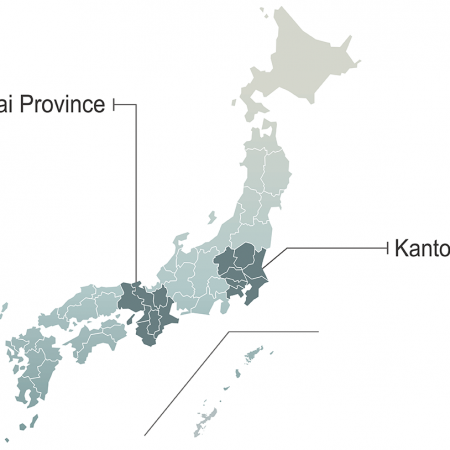
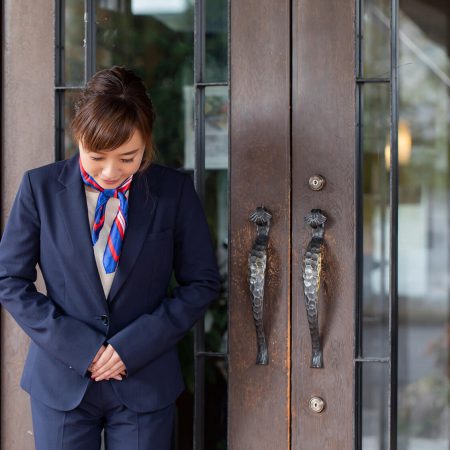
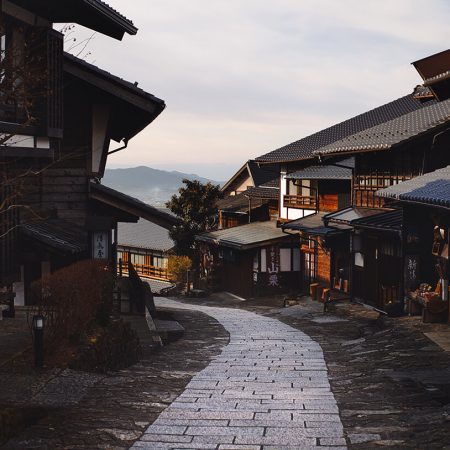







Leave a Reply